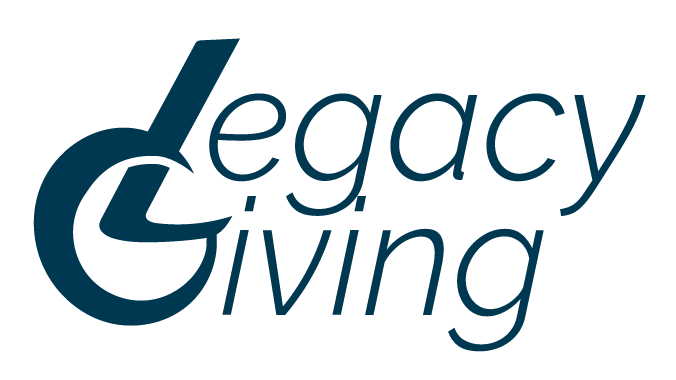Make a Difference for Generations to Come

Make a Difference for Generations to Come
Ways You Can Give to Make a Difference
Planned Giving
About Bequests

You may be looking for a way to make a significant gift to help further our mission. A bequest is a gift made through your will or trust. It is one of the most popular and flexible ways that you can support our cause.
IRA Charitable Rollover

An IRA rollover allows people age 70 1/2 and older to reduce their taxable income by making a gift directly from their IRA.
Beneficiary Designations

A beneficiary designation gift is a simple and affordable way to make a gift to support our cause. You can designate our organization as a beneficiary of a retirement, investment or bank account or your life insurance policy.
Charitable Gift Annuities

A charitable gift annuity is a great way you can make a gift to our organization and benefit. You transfer your cash or property to our organization and we promise to make fixed payments to you for life at a rate based on your age.
Donor Stories

Learn how others have made an impact through their acts of giving to our organization and others. Explore the many benefits of charitable gift planning.
Gift Options

Find out What to Give and learn about the best assets to make a planned gift. Learn about gifts of cash, securities and property. Learn How to Give and discover gift options that provide tax and income benefits. Discover the best planned gift to meet your goals.
Thursday April 25, 2024
Washington News

IRA Required Minimum Distributions by December 31
One exception to this applies to IRA owners who turned age 72 in 2022. These individuals may delay their first RMD until April 1, 2023. However, if their first RMD is delayed, a second RMD will be required by December 31, 2023.
RMDs are generally required for most qualified retirement plans and apply to three types of IRA: Individual Retirement Arrangements (IRAs), Simplified Employee Pension Plans (SEPs) and Savings Match Plans for Employees (SIMPLE) IRAs.
RMDs also apply to 401(k), 403(b) and 457(b) plans. An exception to the RMD requirement is a Roth IRA - there are no distribution requirements for this plan as long as the original owner is living.
Most taxpayers take a RMD based upon the Uniform Lifetime Table in IRS Pub. 590-B. This table assumes two beneficiaries, one of which is no more than 10 years younger than the IRA owner, and calculates a distribution amount based on both ages. If the IRA owner has a spouse more than 10 years younger, a special calculation is applicable.
Owners of multiple IRAs must calculate the RMD for each plan. However, the owner can elect to withdraw the total RMD amount from any IRA plan.
Some employees over age 72 who are still working and are not major owners of a business may be able to defer their RMDs until after retirement. Employees should consult with a tax advisor if this exception is applicable.
Many online calculators are available to determine a RMD. Most large financial companies offer an online determination of the correct amount. RMDs start at approximately 3.6% of the December 31st IRA balance and increase each year after age 72. There are online worksheets on IRS.gov that may be helpful.
The IRS released new IRA distribution tables for 2022. The new tables reflect longer life expectancies and future RMDs will be slightly reduced.
Editor's Note: An excellent way to fulfill an RMD is to give part or all of the IRA distribution to a qualified charity. Qualified charitable distributions (QCDs) for individuals over age 70½ may fulfill part or all of your RMD. The QCD is a direct transfer from the IRA custodian to a qualified charity, up to $100,000 may be transferred in a single year. It is important to act quickly if you plan to do a QCD this year. Your QCD must be completed by December 31, 2022 if it is intended to satisfy your 2022 RMD.
Previous Articles
IRS Promises Full Staff at Taxpayer Assistance Centers
IRS Hires 4,000 Phone Representatives




